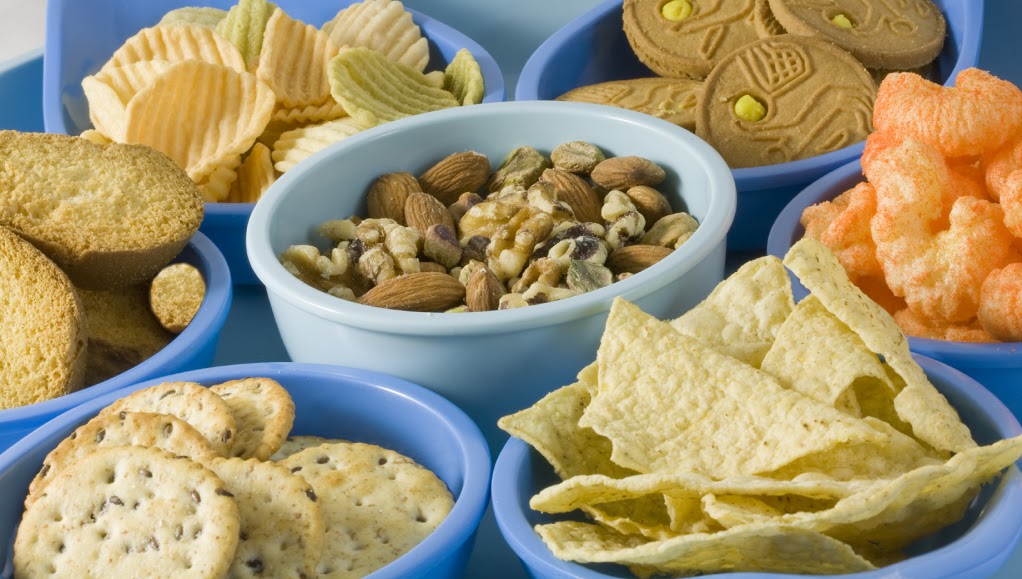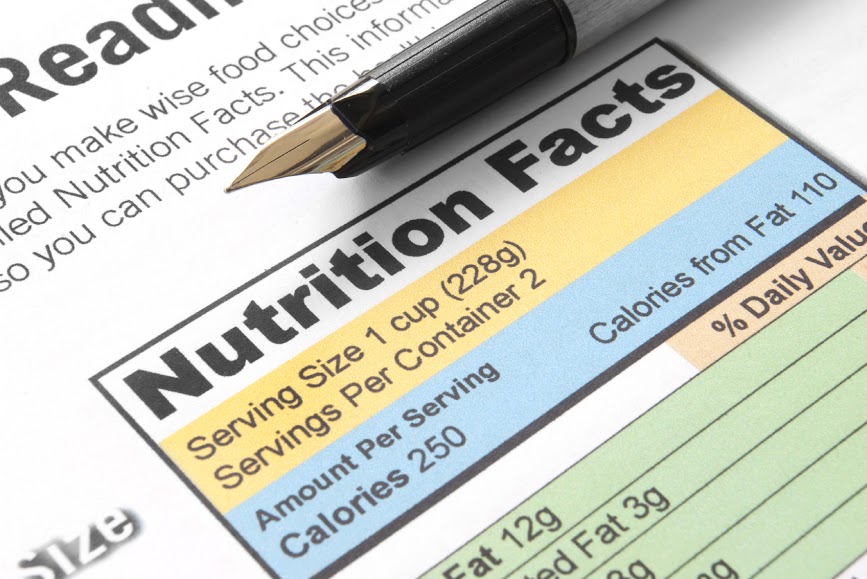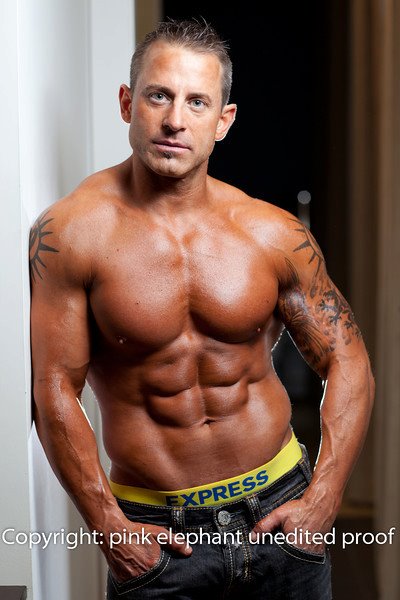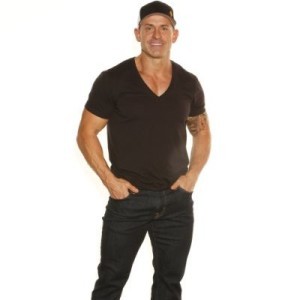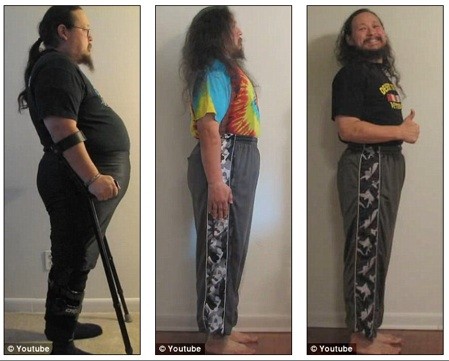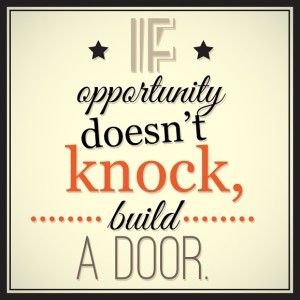I often get asked what are the best snacks.
The questioner is generally expecting me to give the obvious answer – to use low carb almonds and walnuts, cheese, peanut butter and protein bars. But the best answer is most people should avoid snacks altogether. We don’t need snacks for a healthy diet, and unless you’re doing manual labor or playing five set tennis matches, you don’t need the extra calories.
Snacks are so common that they are almost unconscious part of our daily activities, and that’s a big problem. Because snacks are usually eaten in small portions, we often dismiss them as not really counting. It’s the old joke that a cookie broken into small pieces does not have as many calories as a whole cookie. Sorry, five 50 calorie bites is still 250 calories.
A first step is to stop using the word “snack,” which kind of implies it’s small and insignificant, and begin to realize these are “eating occasions.” Any time you eat anything – small or large – you need to recognize it as an eating occasion and your body reacts to it. The correct question is not “what are the best snacks” but “why do I eat snacks at all?’
In the past, there was a belief that the best way to control calories was eating lots of small meals or snacks. This was a philosophy of high carbohydrate diets. The logic was that a large meal required the body to store most of the meal as body fat while a small meal that was high in carbs and low in fat would lead to less fat storage. The concept is partially true, but the important issue is the effect on the total day and not the narrow focus on the single meal. Frequent, small meals and snacks create a high insulin metabolic environment that prevents you from EVER using stored fat. You slowly accumulate body fat, and constant snacks prevent you from ever using it. So the WORST snacks are anything that contains carbohydrates including the obvious candy, donuts, chips, and desserts, but almost as bad are healthy sounding foods like fruit, popcorn, and carrots.
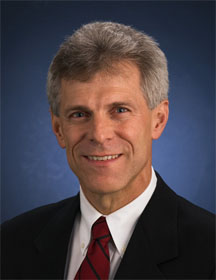
Qivana, CSO
People often tell me that they need snacks because they’re hungry, or they get a headache or an upset stomach unless they eat something. That’s a clear sign of carbohydrate addiction. The body is so addicted to blood sugar and insulin, that as soon as blood sugar begins to drop, you feel awful. You feel tired, grumpy, and maybe physically ill. If this is you, it’s time to break the carb snack cycle.
A recent research paper in the American Journal of Clinical Nutrition by Dr. Heather Leidy demonstrated that eating a high carb, low protein breakfast led overweight young women to desire more snacks and ones that were full of high carb and high fat calories. Women consuming higher protein breakfasts had less desire to snack. Following the METABOLIQ Lifestyle will reduce your desire for snacks.
So what should you eat and when?
You have a lot of food choices and meal patterns that you can use to fit your lifestyle and tastes, but to be successful with weight management you need to be consistent and have a plan. Most of all you need to avoid snacks.
A time during the day when a small meal may be necessary is late afternoon. For many people, the period between the noon and night meals may be 8 hours or more. The ideal solution would be to eat something substantial like a METABOLIQ Bar, a Shake, or even a sandwich at 4:30 and then reduce the size of the late dinner. The worst choice is to have a candy bar or a banana at 4:30 and then a large dinner. Indulging in high carb afternoon snacks almost always leads to overeating at dinner.
So think about snacks as extra meals.
If you need one because of your schedule, then you also need to re-balance your other meals to allow for the calories.
For your health,
Dr. Donald K. Layman
Qivana, CSO
Dr. Donald K. Layman, Ph.D., is Professor Emeritus of Nutrition in the Department of Food Science and Human Nutrition at the University of Illinois. With more than 33 years of Teaching and research experience, Dr. Layman has numerous awards and recognitions, including awards from the American Society for Nutritional Sciences, the National Institutes of Health and the Nutrition and Metabolism Society. To learn more about Dr. Layman, click here.

